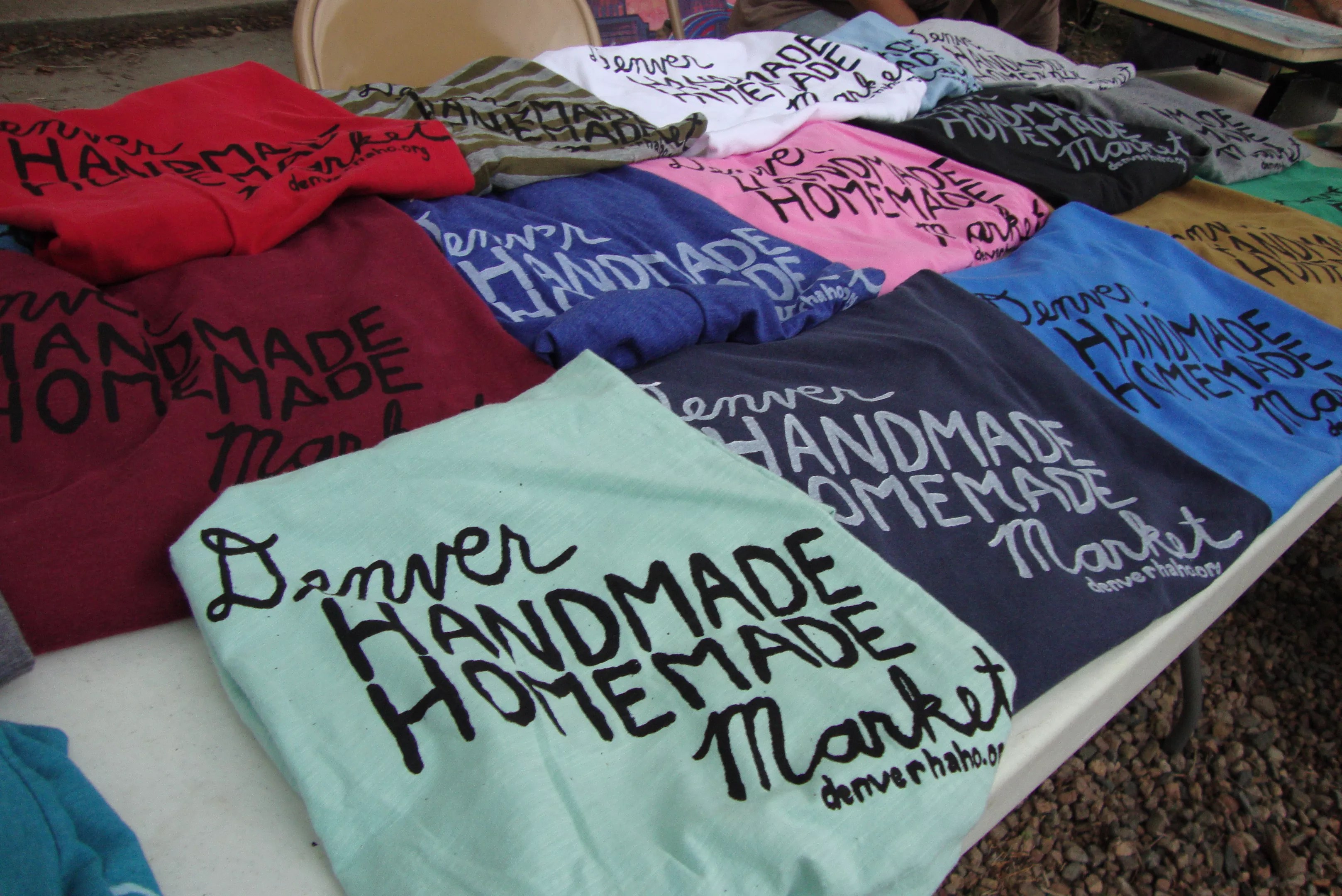
Courtesy Denver Handmade Homemade

Audio By Carbonatix
The Denver Handmade Homemade Market, aka the Denver HaHo, started out loosey-goosey in 2011 as little more than a lemonade stand and good-faith swap for things like cottage-industry handcrafts, backyard produce and home-kitchen goods, as well as an experiment in shopping with alternative currency. The maker market was launched on a community-friendly micro-business model; while it was nice, it was not so lucrative for the participants.
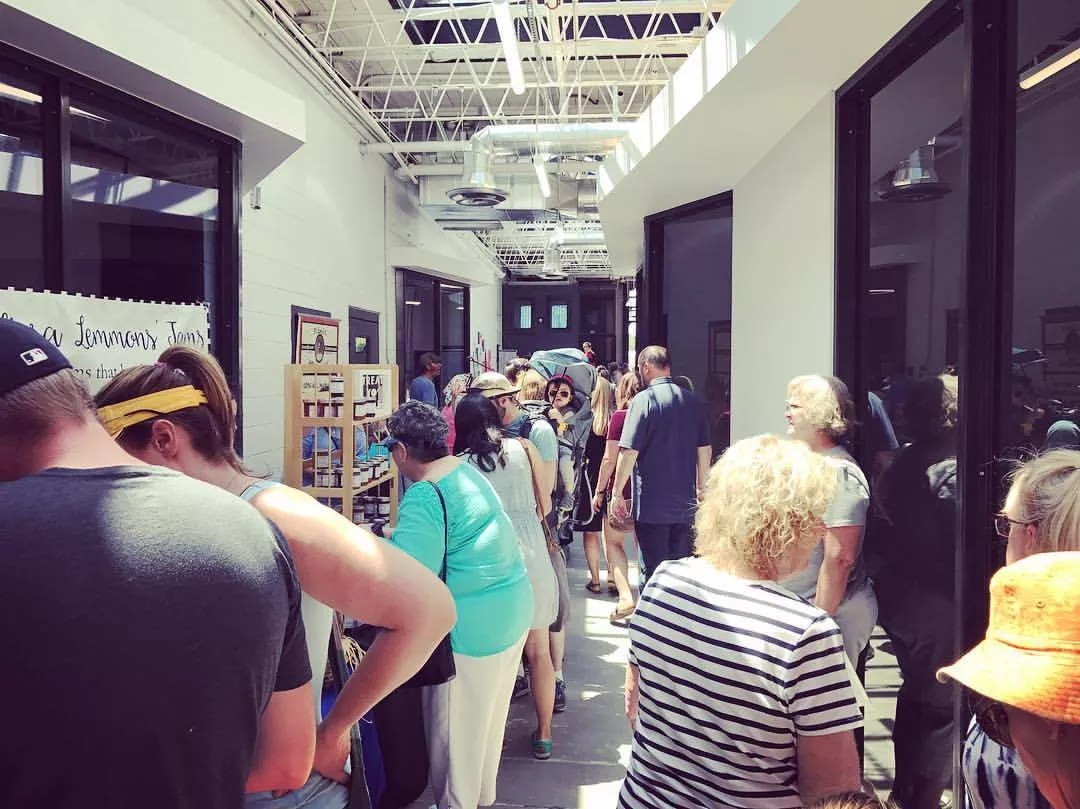
Shoppers browsing the Denver HaHo’s September market.
Courtesy Denver Handmade Homemade
“The HaHo was a hobby for me and for the people who started it before me,” notes present-day director Stephen Toma. “They were basically friends who made stuff, selling it to their friends, and it was also barter-based.” Over the years, he says, it’s morphed into something more public and sustainable, but in the quest for even more viable ways of supporting creative businesses, Toma began asking questions within the HaHo community of makers.
“I surveyed and talked to the vendors, asking them if I was to take this to a full-time company, what could this company provide creative businesses?” he continues. “We talked about ways people can get out of their houses and work in a space, and how can we provide that to people who can’t afford a studio – possibly in a shared space with opportunities to sell products on site.”
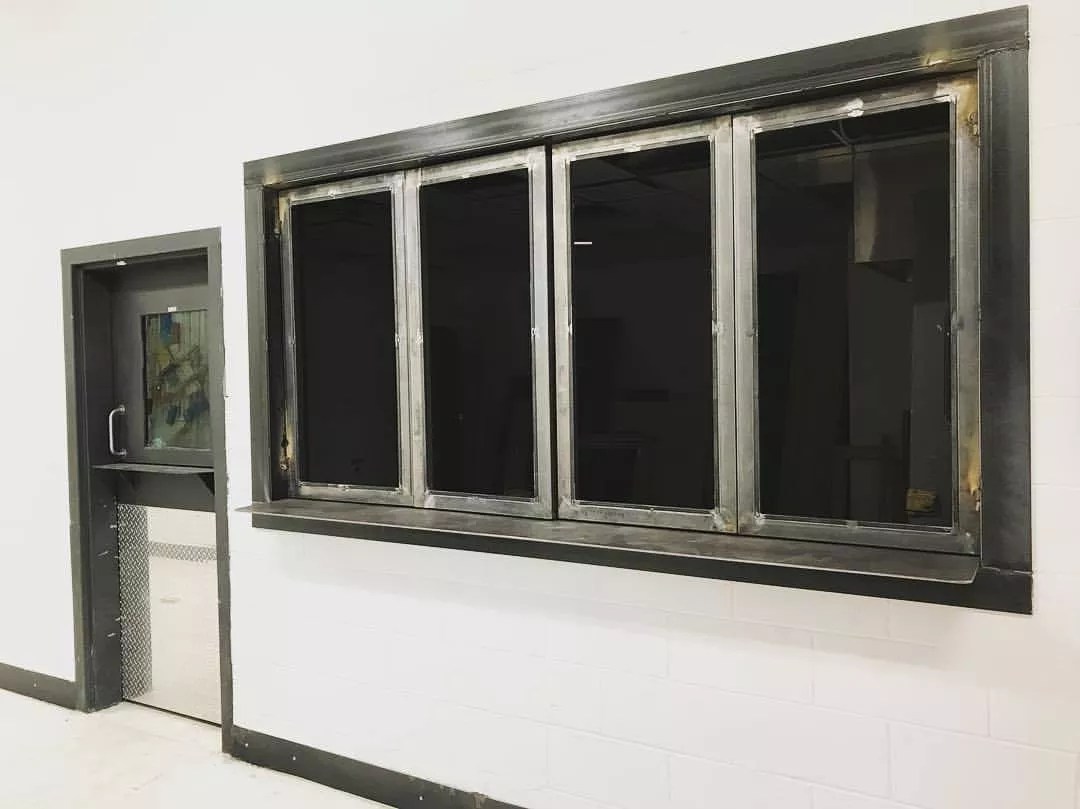
The HaHo’s commissary kitchen is almost ready to use.
Courtesy Denver Handmade Homemade
Those ideas solidified into a plan to implement an incubator, supporting the low-risk, low-cost business ideals of the HaHo Market with affordable shared workspaces and a central marketing model that would allow makers to sell items right on the premises during monthly public markets, without necessarily having to be present to man an independent booth. Through careful – and maybe a little seat-of-the-pants – planning, Toma’s member-driven incubator, dubbed the Spindle, will soon become a reality in a corner of Forge970, a co-working warehouse at 970 Yuma Street where like-minded creative industries can carve out a space to grow. Along with a fluid grid of shareable studio spaces, Spindle will boast a clean commissary kitchen, and for a monthly fee, HaHo members will have 24-hour access and storage cabinets, as well as full use of Forge’s overall amenities, such as conference rooms, a community kitchen, computer access and more.
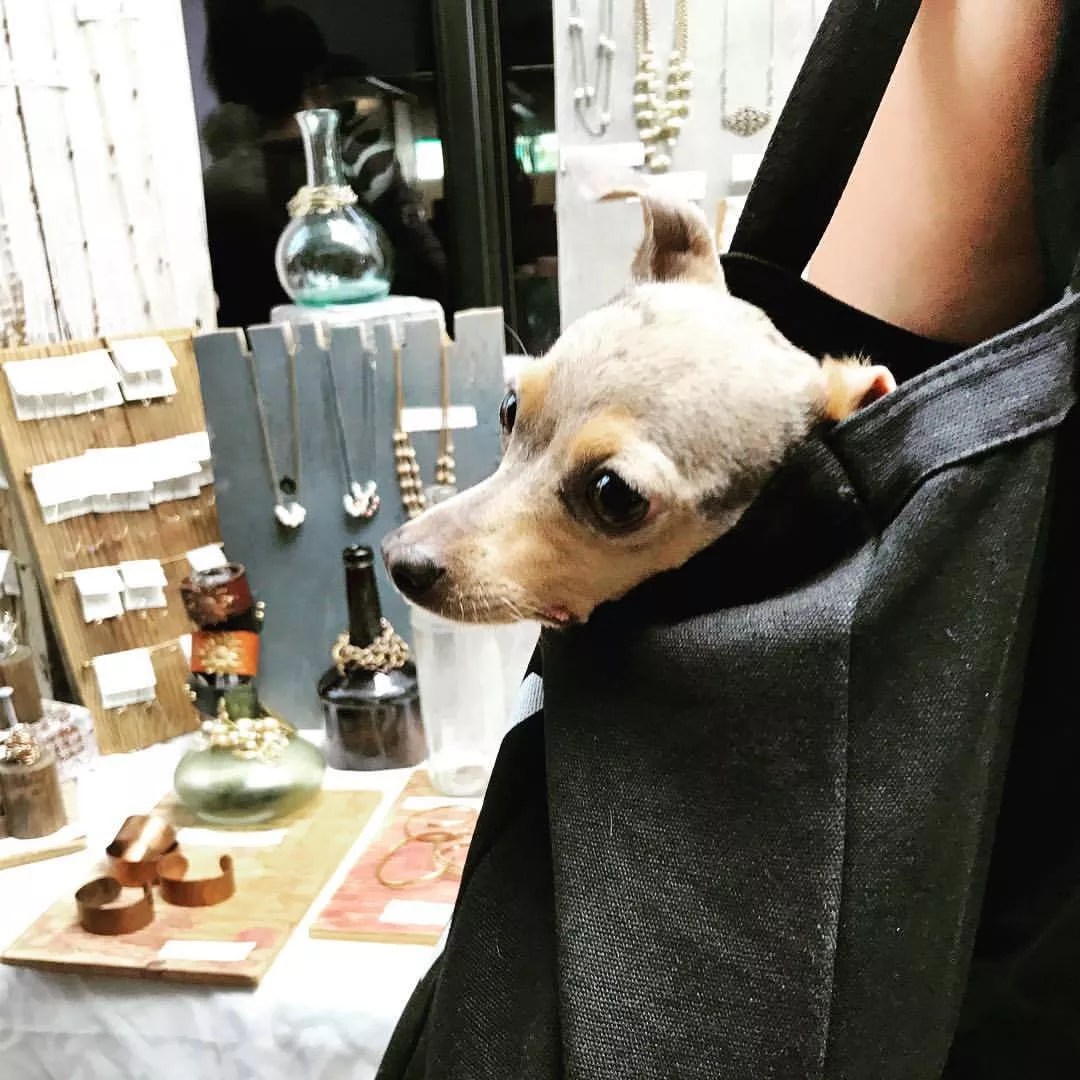
Everyone has fun at the Denver HaHo Market.
Courtesy Denver Handmade Homemade
“We’ll basically be bringing consumerism and production together, by cutting out the middlemen and direct-selling products to the public,” Toma explains. “I’ve been figuring out how to have members’ participation in every market.” In his plan, members will have the option to pick a small selection of favorite products to display during monthly markets. The studio spaces break down easily and transform into a marketplace. “Every product sold within the workshop can be checked out through a central supply system; essentially, it will be a retail store of products all made within the same room.”
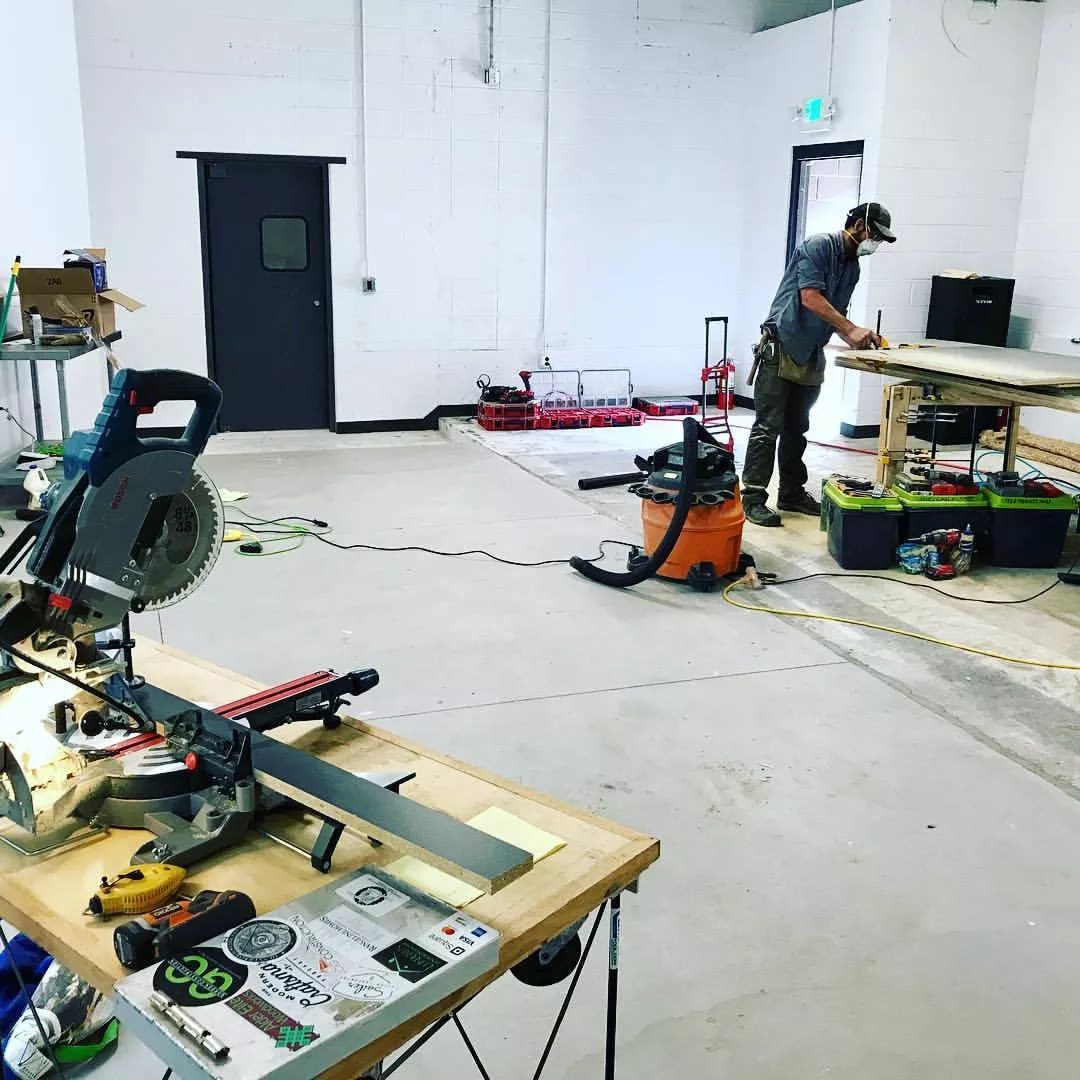
Buildout under way at the Denver HaHo’s Spindle incubator.
Courtesy Denver Handmade Homemade
Toma is toiling to ready Spindle for use by the end of October, and is currently soliciting affordable memberships by showcasing those attractive perks. “I’ve taken HaHo in a different direction,” he says, adding that he’s taking a more polished approach. “There are going to be advantages and disadvantages to that, but it being a limited-liability company, I’m making sure businesses are getting profits instead of just breaking even.”
And some things haven’t changed, including low-cost participation in both the incubator and the monthly markets. “We’ve made the markets more worthwhile for organizers,” Toma promises. “It doesn’t matter how many vendors we host – I like to make sure every vendor is showcased. In advertising the event, we don’t just say we have thirty vendors; we say, “These are the thirty vendors, and here’s what they do.”
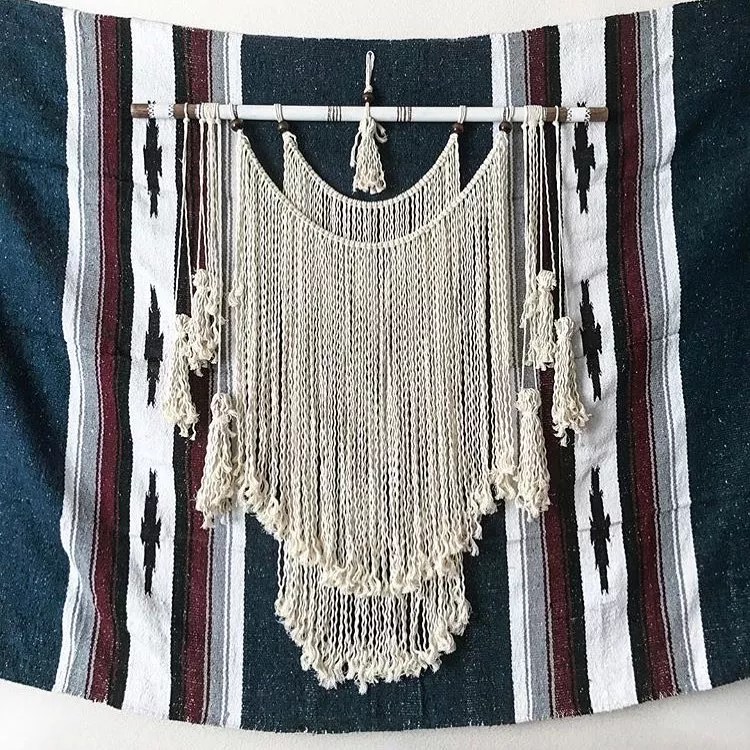
Handiwork by macrame maker Rustic Sage Designs – just one vendor you’ll meet at the Denver HaHo Market.
Courtesy Denver Handmade Homemade
Whether you’re buying or selling, Toma’s HaHo model means affordable overhead and direct-sell advantages while encouraging buy-local principles in the best way possible. “This is it. I’ve seen the paradigm shift. I’m seeing a fresh generation coming up, and it needs to be taught the significance of keeping money local and giving grace to community members who make things by hand,” Toma says hopefully. “That’s the mythology of the Denver HaHo – that we bring consumers closer to the makers and production of local goods. However that can be done, that’s my goal.”
Visit the next Denver Handmade Homemade Market from noon to 5 p.m. Saturday, October 14, at Forge970, 970 Yuma Street. HaHo Markets will then continue on the second Saturday of every month, expanding to two days in December for a holiday sale. Learn more about the HaHo and Spindle membership online.